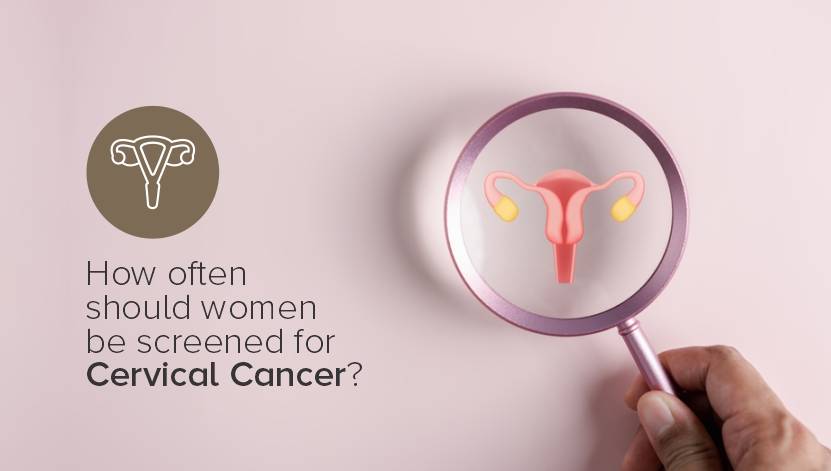Cervical cancer is a disease that affects the cervix (the lower part of the uterus), and it can lead to serious health complications and even death if not detected early. Regular screenings can help identify cancerous or pre-cancerous cells before they progress.
But how often should women be screened for cervical cancer?
The American Cancer Society recommends that women start getting regular cervical cancer screenings at age 25. Prior to that, it's not necessary to screen for cervical cancer unless you have symptoms or other risk factors. For women between the ages of 25 and 65, the recommended screening interval depends on the type of test being done.
